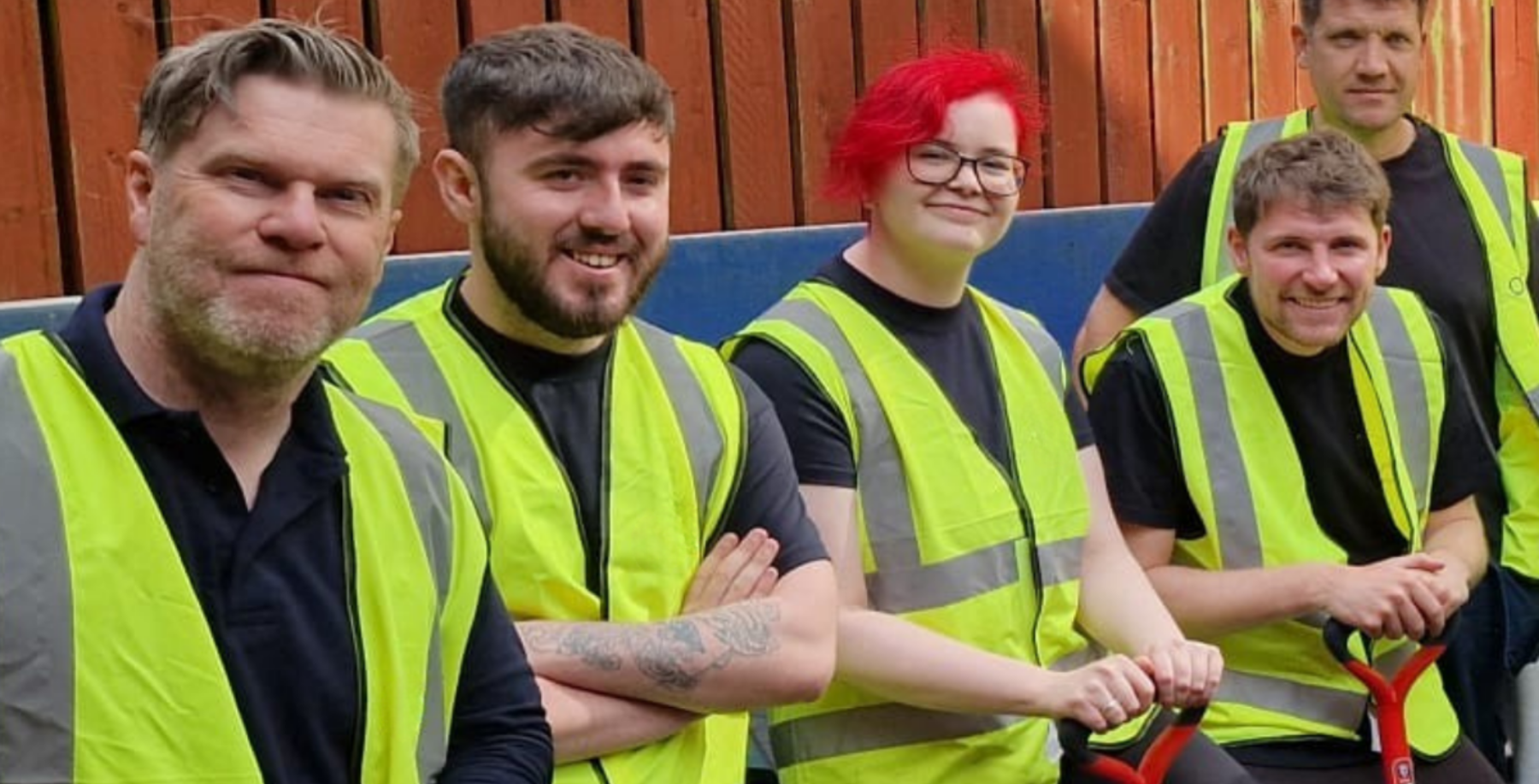Understanding Autism for Community and Voluntary Groups
Everyone deserves to feel included. Whether you run a church group, clubs, scouts, guides or a youth group, we can help ensure you have the tools and knowledge to ensure everyone feels included.

Understanding Autism for Community and Voluntary Groups
Everyone deserves to feel included. Whether you run a church group, clubs, scouts, guides or a youth group, we can help ensure you have the tools and knowledge to ensure everyone feels included.

What You’ll Learn
Community groups can offer a vital sense of belonging, but only when they are truly inclusive. During this course, we’ll explore autism as a developmental difference and how our thinking and language around autism has evolved. With real-world examples and narratives tailored to community settings, this course helps group leaders, volunteers, and organisers build more inclusive, neuro-affirming environments that welcome and support autistic people.
You’ll gain a clearer understanding of autism within the context of neurodiversity, and explore how it may affect communication, interaction, and thinking styles. You’ll learn about sensory differences and how these can create barriers to participation in community settings. The course also encourages reflection on your own assumptions and language, while providing practical strategies to support autistic members and ensure your group is a safe, welcoming, and accessible space for everyone.
-
Understanding Autism
We’ll look at what autism really is, how it’s best described as a neurodevelopmental difference, and why the language we use matters in creating respectful, inclusive spaces.
Barriers in Community Spaces
This section explores the barriers autistic people may face when accessing community activities, groups or services, and how small changes can make a big difference.
How you can support inclusion
Finally, we’ll share practical ways to make your community group more welcoming – from considering sensory needs to adapting communication and celebrating diverse strengths.
-
This course is ideal for anyone involved in running or supporting community groups, clubs, or activities who wants to make their space more inclusive and welcoming for autistic people.
No previous knowledge of autism is required – this course is an accessible introduction to understanding and supporting autistic individuals in your community.
-
By the end of this course, you will:
- Understand autism as a neurodevelopmental difference and why language matters
- Recognise common barriers autistic individuals face in community settings
- Gain confidence in making small, meaningful changes that support inclusion
- Learn how communication styles, sensory differences and diverse strengths can shape autistic experiences.
-
Check out our consultancy options to explore how we can support you create more accessible spaces for autistic people.
Book your course today
In-person
- Location:
- We'll Come to You
We also offer autism consultancy in this sector.
Find out more

Contact us to find the right course for you.
Related courses
Understanding Autism for Employers
Everyone deserves the opportunity to find meaningful, fulfilling employment, without barriers. Our employment support service works with both individuals and employers to create inclusive workplaces where autistic people can thrive, contribute, and feel valued.
Supporting Stress, Coping and Wellbeing
Explore how stress is experienced and expressed, and learn practical strategies to support different coping styles and promote wellbeing in everyday situations.
Understanding and Supporting Communication
Learn how autistic people may experience and express communication differently, and explore ways to support effective, respectful communication in your setting.
